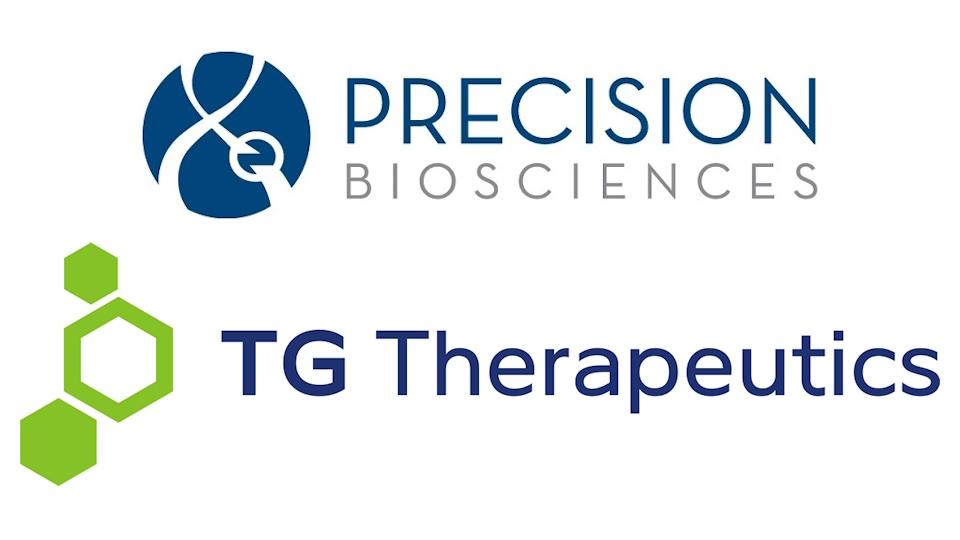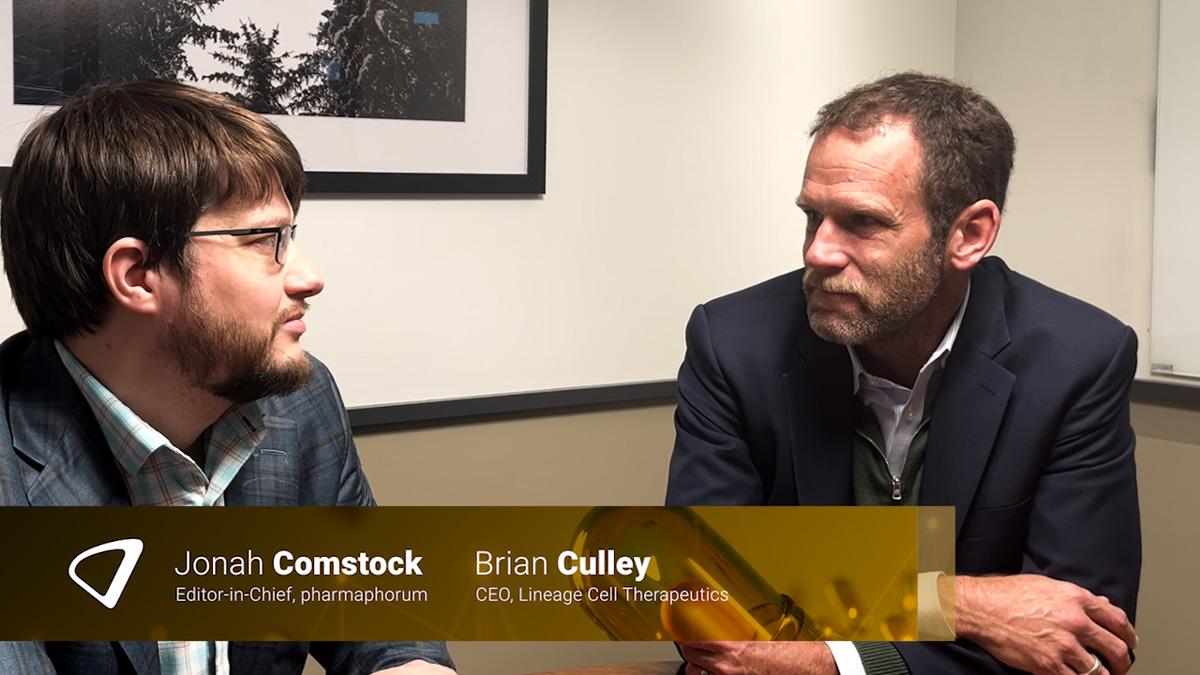JPM: Precision Bio continues offload of CAR-T rights

Precision BioSciences has agreed to a second licensing deal for its ‘off-the-shelf’ CAR-T therapy azer-cel, as it switches focus to developing in vivo applications of its gene-editing technology.
The latest deal with New York-based TG Therapeutics covers the use of azer-cel (azercabtagene zapreleucel) in autoimmune diseases, as well as other non-cancer indications, and includes upfront and near-term payments of $17.5 million, with another $288 million in development milestones.
Last summer, Durham, North Carolina-based Precision Bio licensed rights to azer-cel in oncology to Australia’s Imugene for $21 million upfront and another $206 million at the back end, plus an option on three other CAR-T candidates that could net $145 million apiece.
The non-cancer indications covered by TG Therapeutics’ license are at an earlier stage, with applications to start clinical trials not expected until the middle of this year, and TG has said it plans to develop the therapy in “multiple autoimmune indications.” By contrast, azer-cel has already cleared phase 1/2 testing in relapsed or refractory non-Hodgkin lymphoma (NHL) patients.
The cash injection from TG will extend Precision Bio’s cash reserves into the first half of 2026, which will allow it to generate the first clinical data readouts in its in vivo gene-editing programmes in chronic hepatitis B virus (HBV) infections and diseases associated with mitochondrial DNA mutations.
There are still some other candidates in its CAR-T portfolio up for grabs, including early-stage programmes for lymphoma and multiple myeloma, but the latest deal all but completes the biotech’s pivot to its new strategy.
An application to start human testing of its HBV candidate is due shortly, with the expectation that the approach may be able to deliver a “functional cure” – defined as sustained undetectable levels of circulating hepatitis B surface antigen (HBsAg) and HBV DNA after a course of treatment.
Its mitochondrial DNA disease programmes are led by PBGENE-PMM, a potential first-in-class therapy for m.3243-associated primary mitochondrial myopathy (PMM), which causes a wide range of symptoms, including muscle weakness, seizures, deafness, and developmental delays.
Azer-cel targets CD19 on immune cells, like autologous CAR-Ts for NHL, but as an off-the-shelf or allogeneic cell therapy made from donated cells it bypasses the lengthy process of harvesting, modifying, amplifying, and re-infusion needed with the current therapies.
So far, allogeneic CAR-Ts haven’t made it to market and have struggled to match autologous therapies in terms of durability. There are as yet no approved CAR-Ts in the autoimmune disease arena.
Precision Bio’s president and chief executive, Michael Amoroso, said that TG Therapeutics was a great partner for the programme based on “their recent development, regulatory, and commercial successes in the multiple sclerosis space, which we believe are strong indicators of the commitment and expertise they will bring to the development of azer-cel in autoimmune diseases.”
TG Therapeutics currently markets Briumvi (ublituximab) for relapsing forms of MS, which was approved in the US at the end of 2022 and in the middle of last year in the EU, where it is licensed to Neuraxpharm.













